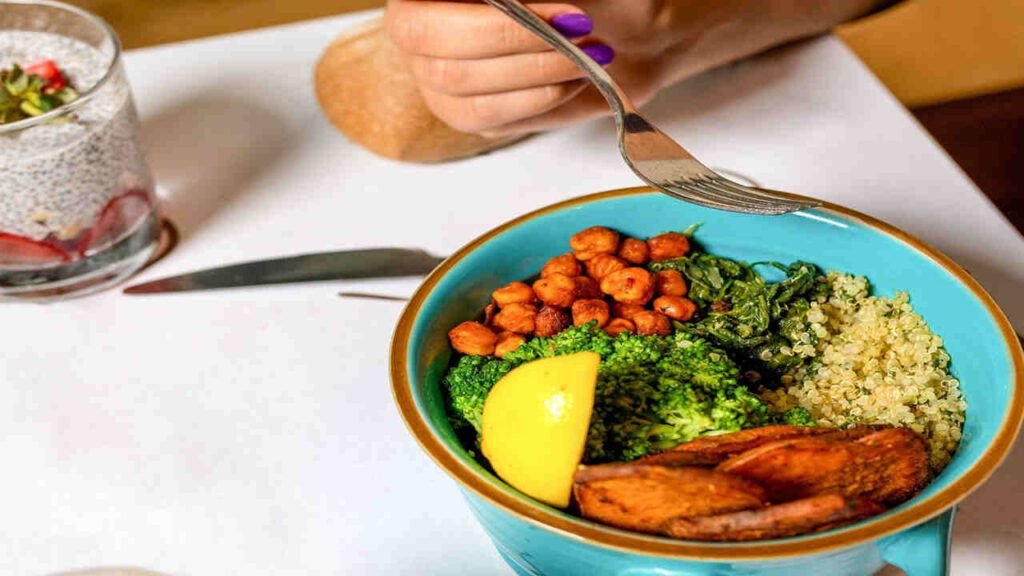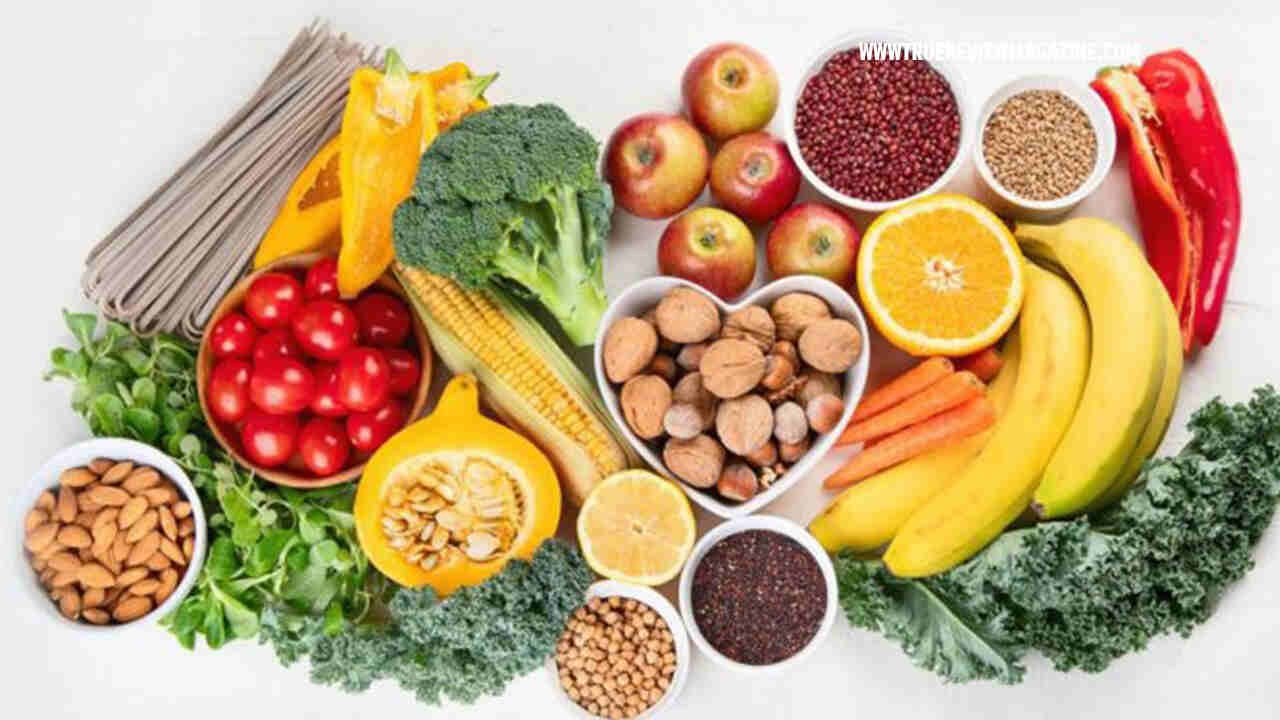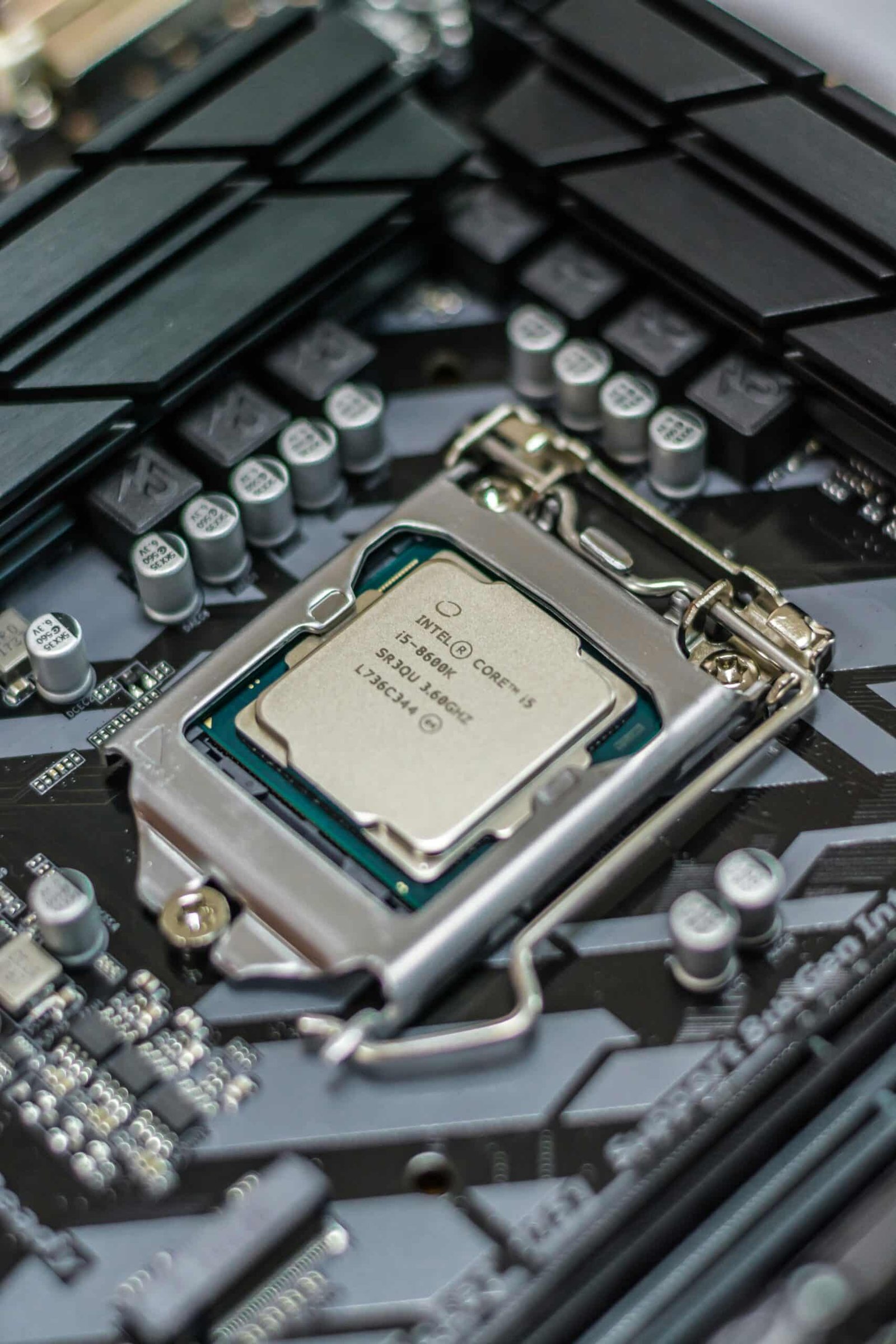Maintaining a healthy gut is crucial for overall well-being. Your gut plays a vital role in digestion, nutrient absorption, and even immune function. By incorporating the right foods into your diet, you can support a thriving gut ecosystem and promote optimal digestion. In this blog, we will explore the best foods for a healthy gut and digestion, empowering you to make informed dietary choices for gut health.
Our digestive system, often referred to as the gut, is a complex network of organs responsible for breaking down food, absorbing nutrients, and eliminating waste. It plays a crucial role in maintaining our overall health and well-being. While various factors influence digestive health, including exercise and lifestyle choices, one of the most significant contributors is our diet. The foods we consume directly impact the functioning of our gut, affecting digestion, nutrient absorption, and even our immune system.
In recent years, there has been growing recognition of the importance of gut health and its connection to overall health. Researchers have discovered that a diverse and balanced gut microbiome, which consists of trillions of microorganisms residing in our digestive tract, is crucial for optimal digestion and immune function. What we eat can either nurture and support these beneficial bacteria or disrupt the delicate balance, leading to digestive issues and potentially impacting our overall well-being.
Understanding the Gut Microbiome
The gut microbiome explained:
The gut microbiome refers to the trillions of microorganisms residing in your digestive tract. These beneficial bacteria and other microbes influence digestion, metabolism, and immune system function. A balanced gut microbiome is essential for overall health.
The Best Foods for a Healthy Gut

Fiber-rich foods:
Whole grains (oats, quinoa, brown rice)
Fruits (berries, apples, bananas)
Vegetables (broccoli, Brussels sprouts, spinach)
Fermented foods:
Yogurt,Kefir,Sauerkraut,Kimchi,
Probiotic-rich foods:
Kombucha, Tempeh,Miso,
Omega-3 fatty acids:
Fatty fish (salmon, mackerel, sardines)
Chia seeds, Flaxseeds, Walnuts,
Prebiotic foods:
Garlic, Onions, Asparagus, Jerusalem artichokes,
How These Foods Support Digestion

Promoting a healthy gut environment:
Fiber-rich foods promote regular bowel movements and provide nourishment for beneficial gut bacteria.
Fermented foods contain probiotics that introduce beneficial bacteria into the gut, enhancing digestion.
Probiotic-rich foods replenish and support the existing gut microbiota, contributing to a healthy balance.
Omega-3 fatty acids have anti-inflammatory properties, reducing gut inflammation and improving digestion.
Prebiotic foods contain fiber that acts as food for probiotics, supporting their growth and colonization.
Tips for Incorporating Gut-Healthy Foods

Gradually introduce fiber-rich foods to avoid digestive discomfort.
Start with small portions of fermented foods and gradually increase intake.
Experiment with different probiotic-rich foods to find ones that suit your taste preferences.
Add omega-3-rich foods as toppings or ingredients in your meals.
Incorporate prebiotic foods into salads, stir-fries, or soups.
Finally
Maintaining a healthy gut is essential for overall digestive health and well-being. By incorporating fiber-rich foods, fermented foods, probiotic-rich foods, omega-3 fatty acids, and prebiotic foods into your diet, you can support a thriving gut microbiome and promote optimal digestion. Remember to make gradual dietary changes and listen to your body’s response. Nourish your gut with the best foods and experience the benefits of a healthier, happier digestive system.
maintaining a healthy digestive system is crucial for overall well-being, and incorporating the right foods into your diet can significantly contribute to gut health. By nourishing your gut with the best foods, you can support optimal digestion, and nutrient absorption, and promote a balanced microbiome.
Fiber-rich foods, such as fruits, vegetables, whole grains, and legumes, play a vital role in promoting a healthy digestive system. They provide bulk to the stool, prevent constipation, and support regular bowel movements. Additionally, fiber acts as a prebiotic, fueling the growth of beneficial bacteria in the gut.
Probiotic-rich foods, like yogurt, kefir, sauerkraut, and kimchi, introduce beneficial bacteria directly into the gut. These probiotics help maintain a balanced microbiome, improve digestion, and enhance nutrient absorption. Incorporating fermented foods into your diet can be a great way to support a healthy gut.
Lean proteins, such as poultry, fish, and tofu, are essential for digestive health.
They provide the necessary amino acids for tissue repair and maintenance. Additionally, consuming adequate protein helps support the production of digestive enzymes, which aid in the breakdown of food.
Healthy fats, found in sources like avocados, nuts, and olive oil, are beneficial for gut health. They help in the absorption of fat-soluble vitamins and provide a source of energy. Omega-3 fatty acids, specifically, have anti-inflammatory properties that can help reduce gut inflammation and support a healthy digestive system.
Drinking enough water is crucial for maintaining proper digestion. Staying hydrated helps soften the stool, prevent constipation, and support the movement of food through the digestive tract. It is recommended to drink an adequate amount of water throughout the day to support optimal digestion.
While these foods are beneficial for gut health, it’s important to note that individual dietary needs may vary. Consulting with a healthcare professional or registered dietitian can help create a personalized diet plan that suits your specific needs and promotes a healthy digestive system.
Incorporating a variety of nutrient-dense foods, including fiber-rich fruits and vegetables, probiotic-rich fermented foods, lean proteins, healthy fats, and staying hydrated, can contribute to a healthy gut and overall digestive well-being. By nourishing your gut with these foods, you can support a thriving digestive system and enjoy the benefits of improved digestion and overall health.










